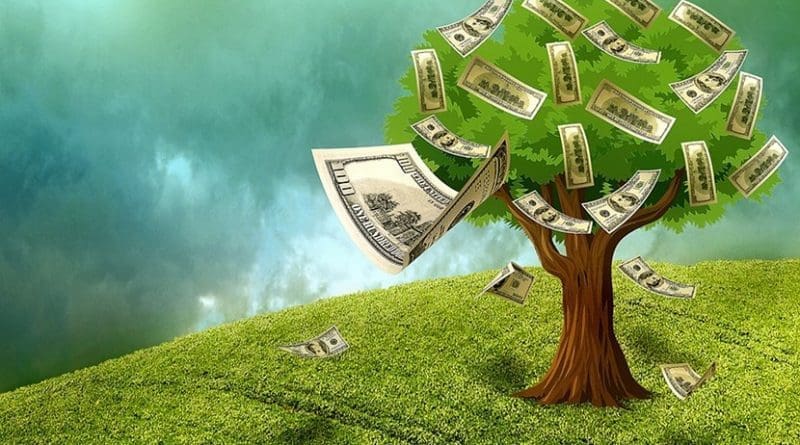Business As A Force For Good: The New Front Line In Tackling Climate Change
The Sustainable Development Impact Summit closed with calls to build more alliances and give voice to the voiceless, as the world seeks to achieve the Sustainable Development Goals (SDGs).
“It is no longer about the cost of action, but about the cost of inaction, which is far greater,” Børge Brende, President, World Economic Forum told global leaders at the closing session of the third Sustainable Development Impact Summit.
“I feel emboldened to prove that business can be a force for good,” said Alan Jope, Chief Executive Officer, Unilever, United Kingdom. He added that such an approach benefits shareholders too. Referring to conditions in global supply chains that companies like Unilever use, he added: “We will have better top and bottom line performance if we run our business responsibly.”
“We’ve been talking a lot about how to prevent terrible change to this planet,” Alessandra Onofrio, Co-Founder and Executive Director, Meu Rio, Brazil, said. “We also need to organize people at the front line of climate change and other impacts so they can better articulate their needs and express their power.” Such organization is not just for their own benefit, but to make the SDGs achievable. “If there’s no popular support for a solution, it’s a fragile solution,” she said.
“Ethical business, sustainable business is the only way to do business in the future,” said Jesper Brodin, CEO and President, Ingka Group (IKEA Retail, Ingka Centres, Ingka Investments). “Ethics need to be not just on the surface but in everything you do.” Looking ahead, Brodin said such ethics must include a discussion on how to use technology to benefit society.
Melati Wijsen, Co-founder, Bye Bye Plastic Bags, sharing lessons learned from her successful effort – begun when she was 12 – to ban plastic bags from her home island of Bali, said: “It needs to be a collaborative effort. No one industry or individual can do it alone.” She called for agreement on the precise definition of sustainability and for education reform so young people can engage with climate change and other generational challenges within school walls.
Phillip Atiba Goff, Co-Founder and President, Center for Policing Equity, USA, called for giving voice to the voiceless so they have ownership of and feel trust in institutions. “Those who are closest to the problem are closest to the solution,” he said. “So we need to make those closest to the problem closer to power.”
Referring to the theme of mobilizing action for inclusive societies, Ignazio Cassis, Federal Councillor, Switzerland, said: “Leaving no one behind requires addressing the specific needs of people in vulnerable situations, but also empowering them and engaging them in decisions that impact their lives.”
The Sustainable Development Impact Summit 2019 brought together over 1,000 participants. From the business community, participation among chief executive officers was higher than at any World Economic Forum meeting outside the Annual Meeting. Representation among public figures was 30% higher than in 2018. One third of all participants represented civil society organizations.

